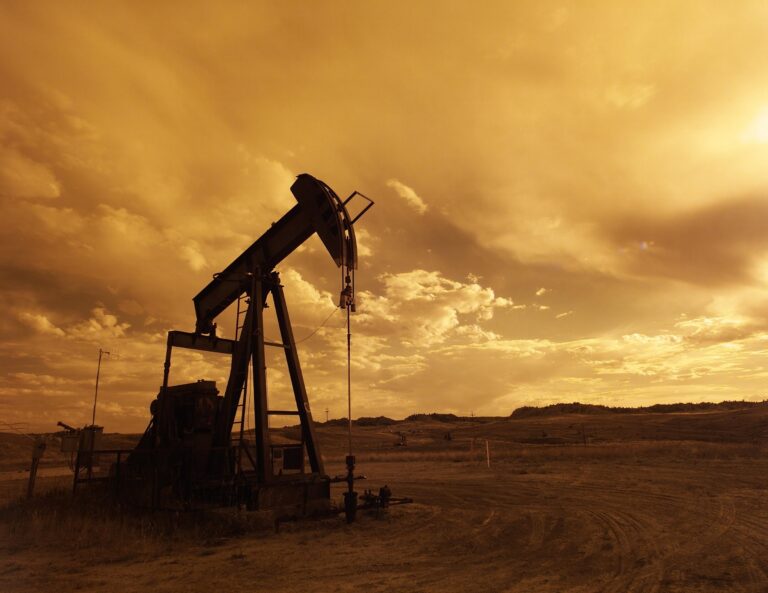
Morning Brief – Whipsaw
If you were allowed to use your phone at the petrol pumps and happened to be reading this mail then the topic of this briefing, the cost of fuel, might hit home particularly hard. Although, let’s face it, with the queues, horns and army operated delivery tanker queuing up behind you, you might be somewhat more focussed on the yellow nectar pouring into your fuel tank than the knock-on impacts for GBP. To recap the recent theme in GBP markets, pressures on the UK consumer and investor are undermining growth expectations and thereby undermining demand for GBP. Those factors do, in a meaningful way, include the rising cost of fuel (including petrol/diesel at the pump), but also encapsulate the fiscal and monetary tightening expected over the coming months. Inflation too, sometimes viewed as the symptom or by-product of growth, at present levels and with poorly grounded inflation expectations, is becoming an inhibitor to growth, undermining disposable incomes. Away from trouble at the pumps, a logistical and increasingly political rather than global supply problem, UK assets are struggling to digest non-petroleum energy prices.
In particular, rising energy prices most notably natural gas futures but also crude oil and other energy commodities, are driving concerns over UK growth. Both the FTSE100 and the Pound had a weak performance yesterday following the European open. The cost of ‘prompt’ front-month natural gas, the November contract of the commodity upon which the UK has a significant reliance upon for its household and industrial energy provision, jumped as much as 25%. This pushed the commodity’s price to all-time highs, several multiples higher than its (already elevated) August price.
However, as the European trading session progressed into the afternoon, GBP and UK equities to some extent staged a minor correction. This correction was accompanied by a moderation in the skyrocketing price of natural gas. Contracts for November-delivery natural gas, for those interested in this market, reversed their previous price rises in yet another move of (-)37% in 6 hours. The catalyst for this move, and in turn the change of fortune for GBP and UK equities, was the announcement by Russian President Vladimir Putin that Russia was willing to step in to stabilise soaring energy prices in Europe. Russia’s pipeline exporter and monopoly in the export of natural gas, Gazprom, has suggested it may increase supplies of natural gas to Europe to stem the energy crisis.
Far from heroic, the provision of gas within one of the tightest commodity markets on the planet will bring a huge financial boost to the company and indeed nation. The UK at present has a large reliance on the provision of natural gas, energy and oil from Norway. At present, looking at the economics reflected in GBPNOK, it is apparent that a direct value transfer from the UK consumer to the Norwegian consumer is underway, providing that pair with massive downward momentum. The development of such solutions to the ongoing European energy crisis, including the materialisation of yesterday’s promises, will be key to delivering a more convincing GBP recovery.
Discussion and Analysis by Charles Porter

Click Here to Subscribe to the SGM-FX Newsletter
Related Insights

Daily Brief – Strong USD
Strong USD Those punitive tariff threats – Copper 50%, Brazil 50% and Pharmaceuticals 200% had a marked effect on USD. Bizarrely, while POTUS has been conducting his self-harming measures on the USA and the USD, he sees no contradiction in maintaining that he sees USD remaining the primary world reserve currency. A total of 22 […]

Daily Brief – Australia
Australia Falling inflation, sluggish economic growth, a strong currency, lower living standards and low productivity would normally easily add up to an interest rate cut by the central bank: not in Australia where it was widely expected that yesterday would indeed see a rate cut. That is because the Reserve Bank of Australia is worried […]

Daily Brief – Poland
Poland June 2025 will go down as a milestone for the energy sector in Poland as it was the first month that renewable energy overtook fossil fuels as a proportion of Poland’s total energy requirements. Poland is one of the highest emitting countries only behind China, Kuwait, South Africa, and Kazakhstan and despite coal consumption […]



 Humphrey Percy
Humphrey Percy